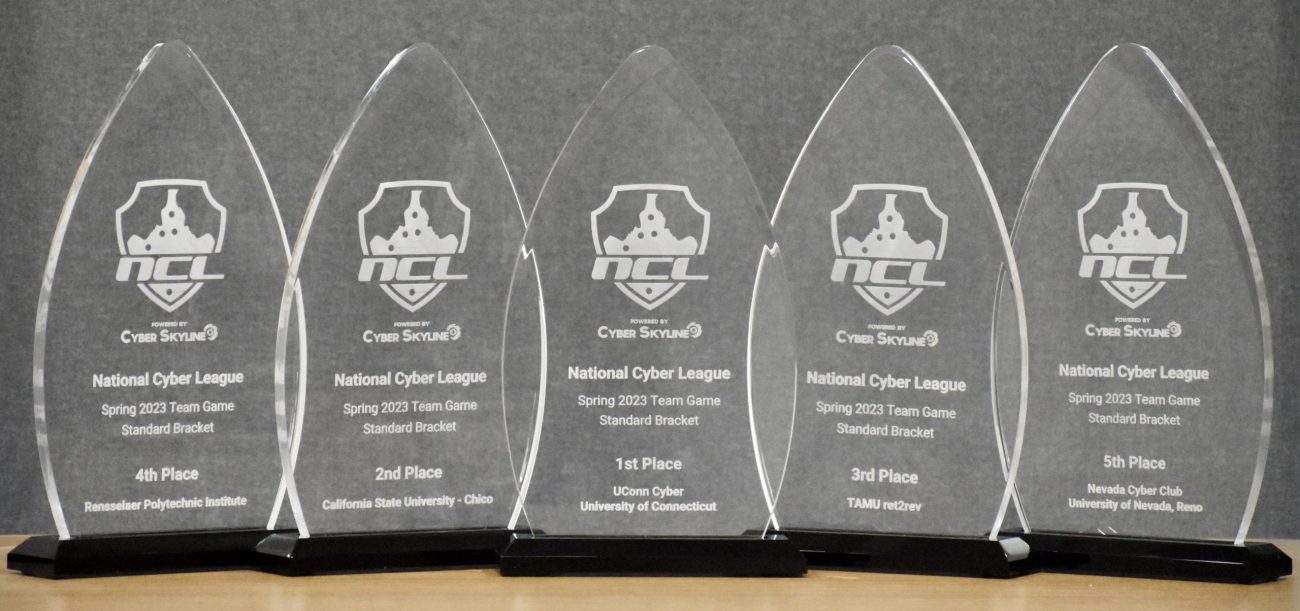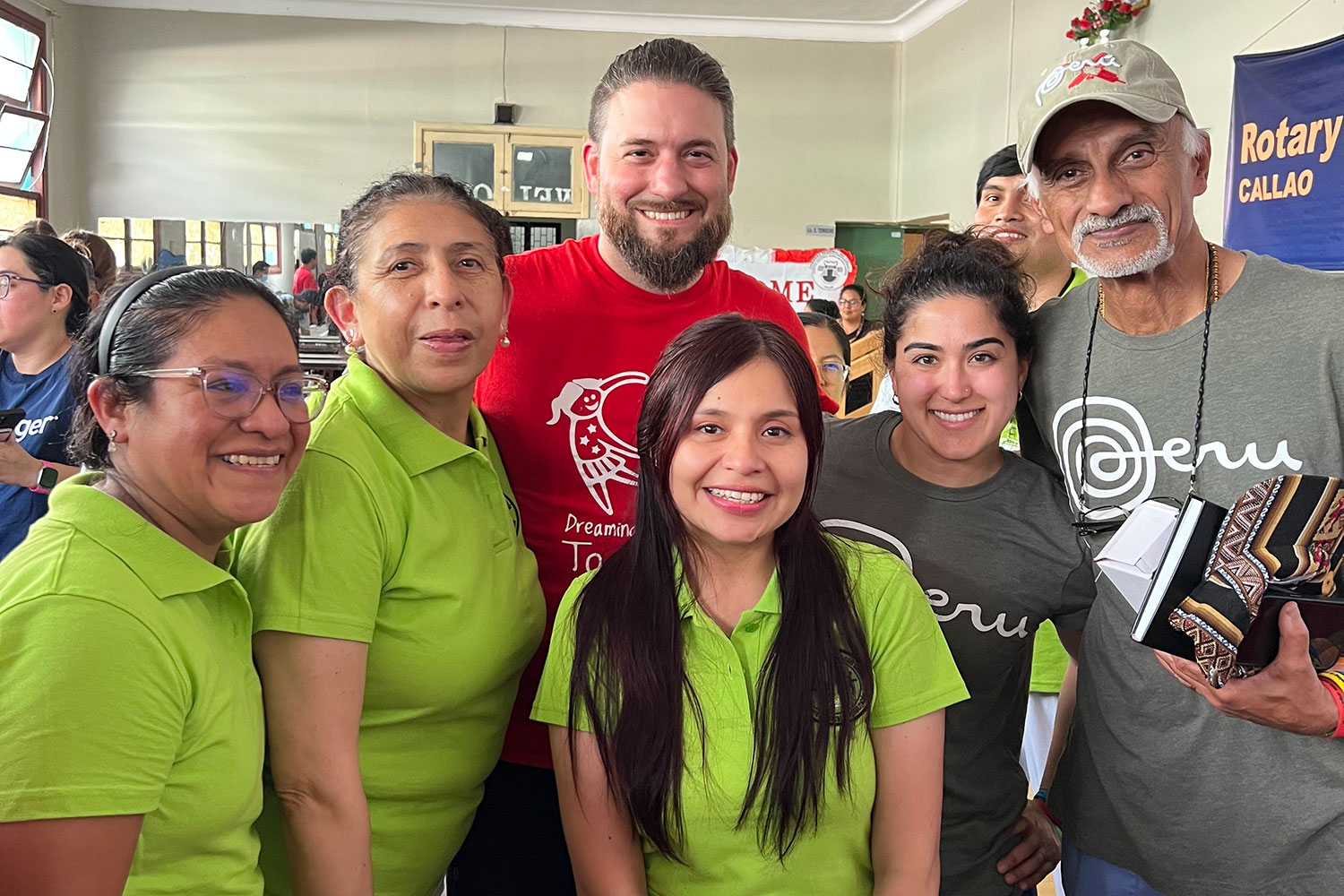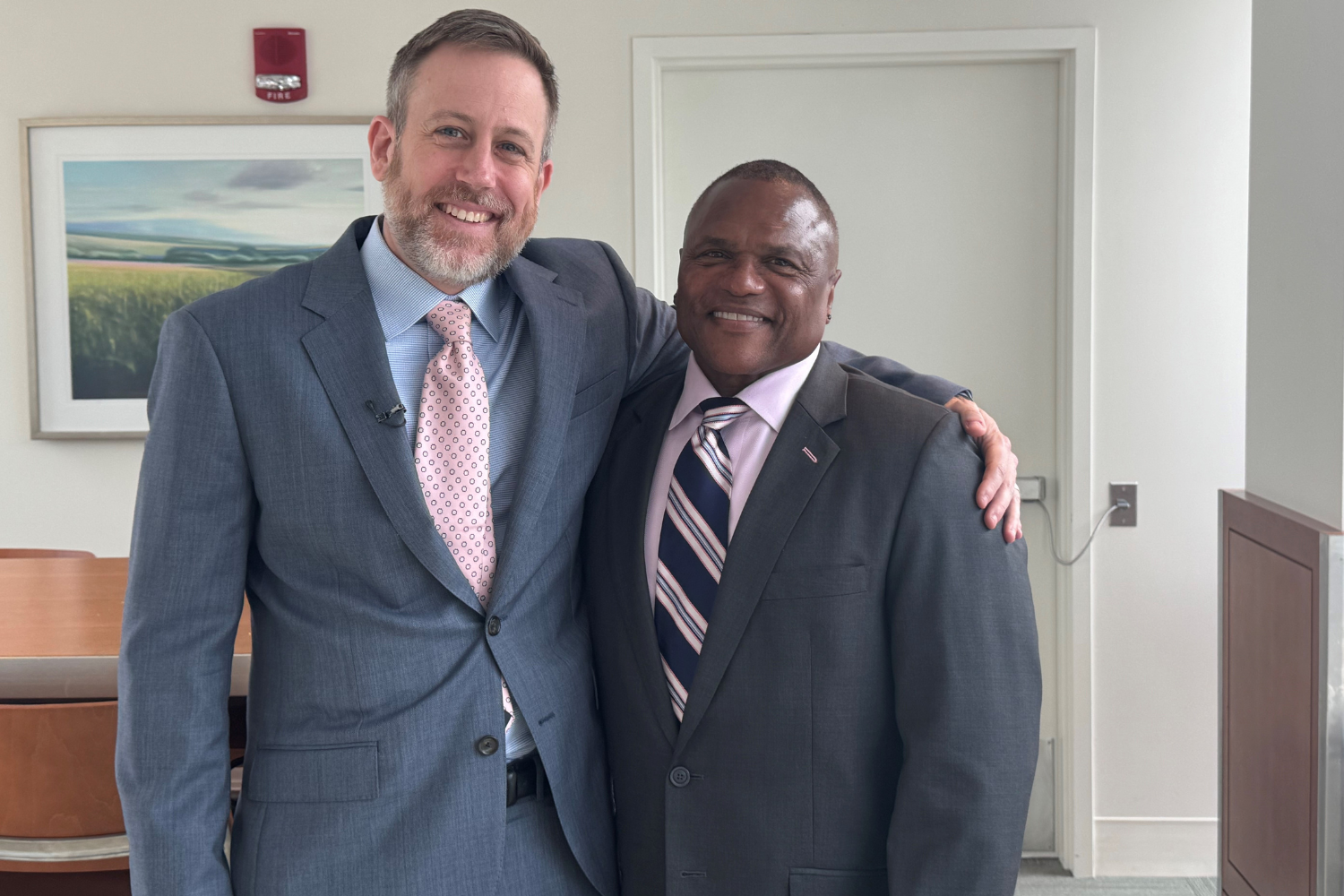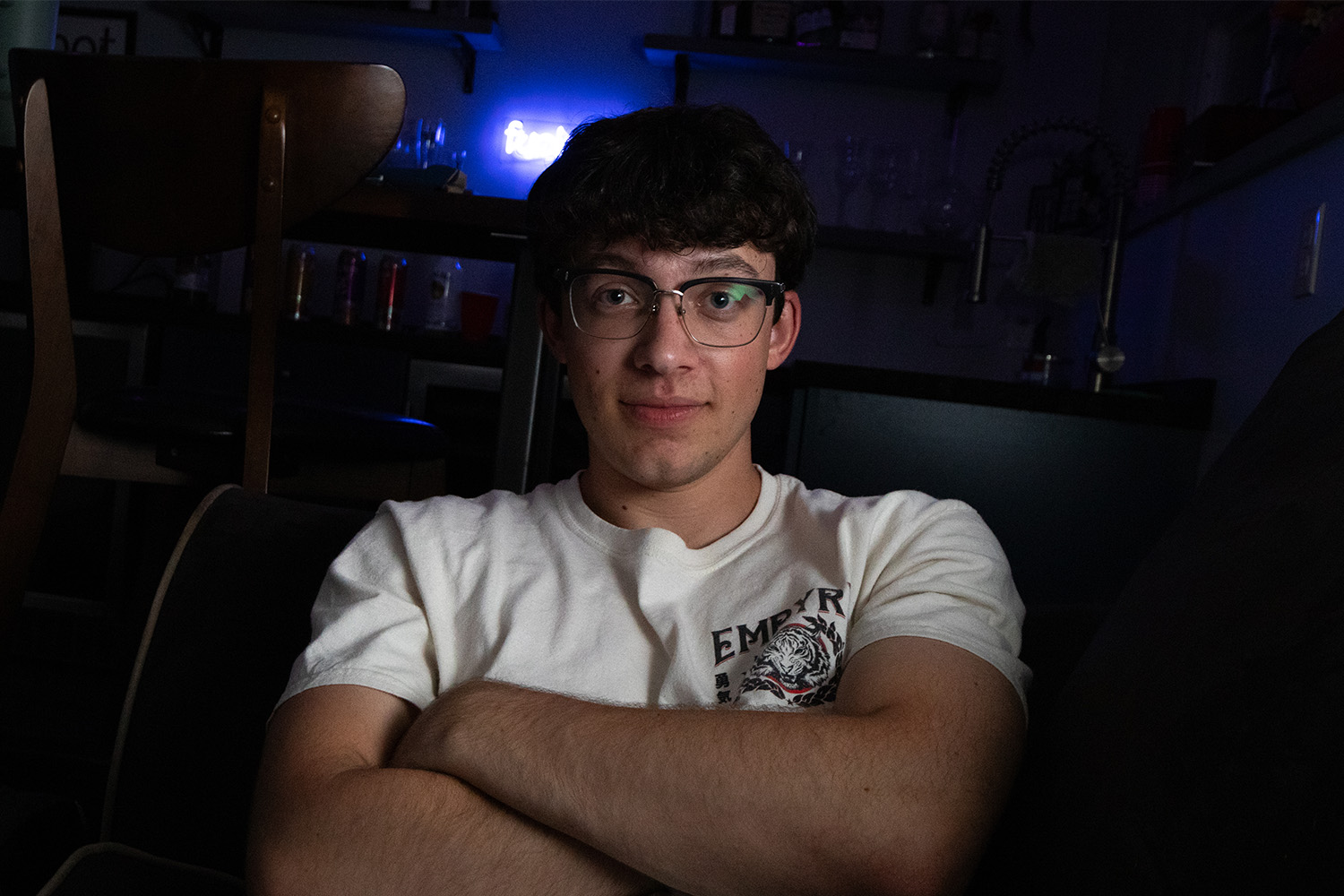Find the secret code. Exploit vulnerable websites. Steal files. The Distinguished Gentlemen of UConn Cybersecurity won first place in the standard bracket of the National Cyber League’s Spring Team Game on Friday, April 14th by thinking along the same lines as criminals.
But it’s all in service of the common good. The Distinguished Gentlemen of UConn Cybersecurity (they’re all men right now, but will be most happy to add Ladies to their name when club membership grows), are a group of UConn students intent on honing their cybersecurity skills. Most of them hope to work as software engineers, designing and protecting company machines and networks. They need an intimate understanding of the computer systems that so many of us use without ever understanding the inner workings.
When you work in this field, “people come to you and say ‘something is wrong with this, please fix it!’” And that’s all the information you might get, says club president Ronak Sahu (CSE & Applied Math ’23, returning for graduate school). Figuring out what exactly is wrong is part of the challenge.
The National Cyber League Games are one way to gain experience in that challenge. Sahu and six teammates from UConn competed against teams from universities across the US in a series of problems designed to mimic various cybersecurity issues they could encounter. No team solves all the problems completely, nor are they expected to.
But the UConn group solved 98 percent of problems outright and made headway on the remaining 2 percent. One of the challenges required them to break into a server belonging to Cyber Skyline, the competition’s sponsor. The team reverse-engineered a Cyber Skyline website, found a weakness in the code, gained access to the server, and stole a specific file. Another challenge gave them nothing more than a photo and asked them to identify exactly where it was taken. Using open-source intelligence techniques to gather information from public sources as well as some image analysis, they managed to pin it down to Shibuya City, Japan. One of the most difficult questions also used an image, but it was an image disguising malicious software. The team extracted the software and decrypted it, then reverse-engineered it to figure out that it was attempting to mine cryptocurrency. Only 15 teams out of 3,000 figured that one out. The Distinguished Gentlemen were one of them.
Participating in the competition gets team members points towards certification from CompTIA, which shows potential employers they have some real cybersecurity skills and experience. But there’s no prize money even for the first-place winning team. What do they win?
“Glory,” says team member Nicolas Michel (Comp. Sci ’23, returning for graduate school.) As well as knowledge. After the competition, they have an internal team debriefing, and they also have a chance to discuss the problems with other teams.
“There’s a huge learning curve. At the end of the competition, we talk with other teams, and we learn so much,” Sahu says.
Learning from the other teams is a major reason the club hopes to attend some competitions in person next year, where they can interact more with their competitors and future colleagues. To travel, the team needs money, and they’re looking for funding opportunities. They are also looking for funding to get more computing resources, as solving these types of challenges can demand a lot of computer processing time. Right now they have about 40 members; seven participated in the National Cyber League Spring Team Game: Robert Stawarz (Comp. Sci), Agron Gemajli (Comp. Sci. ’23), Anthony Crisci (Comp. Sci), Ankith Nagabandi (Cognitive Sci. Maj, Comp. Sci. Minor), Michael Rentz (Comp. Sci.), Michel and Sahu.
The team is always recruiting, and anyone can join. If you’re interested, reach out through the club’s organization page on UConntact.



